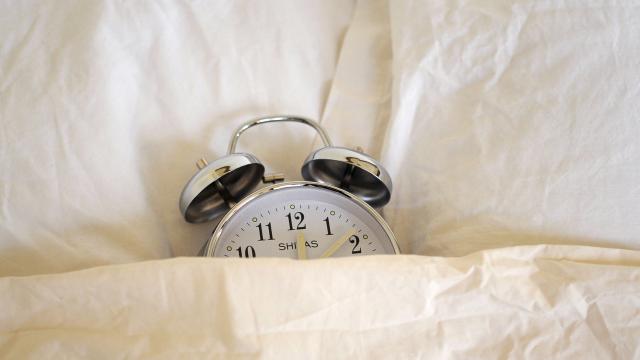The American Academy of Sleep Medicine, a U.S. organisation representing sleep scientists and clinicians, has called for the eradication of the century-long practice of daylight saving time, in which clocks are moved an hour forward in the spring and returned back an hour in the winter. The twice-a-year transition, they argue, not only inconveniences everyone but also increases the risk of various health problems and motor vehicle accidents.
The organisation isn’t the first group of scientists to rage against the tradition. Indeed, a growing number of studies over the years have found that the time shift can have modest but real negative effects on everything from sleep quality to the risk of heart attack and stroke. Just this January, for instance, a study found that the first week of daylight saving time in the spring was associated with a greater number of fatal car crashes; it also estimated that getting rid of it would have prevented more than 600 deadly accidents over a 22-year span.
“An abundance of accumulated evidence indicates that the acute transition from standard time to daylight saving time incurs significant public health and safety risks, including increased risk of adverse cardiovascular events, mood disorders, and motor vehicle crashes,” the AASM notes in its statement, published Wednesday in the Journal of Clinical Sleep Medicine, which is run by the AASM.
It’s the transition that’s the major headache for us. But in an ideal world, it’s standard time, the period of the year that stretches from winter to spring, that would stay enshrined as the permanent time year round, according to the AASM. That’s because the extra hour that daylight saving takes from the morning and gives to the evening is more likely to throw off our carefully balanced body clock, or circadian rhythm, causing a sort of mini-jet lag, the AASM argues.
There has been steady but slow progress in striking down daylight saving time in the U.S., with lawmakers in at least 32 states having introduced legislation to abolish it this year. But the few states that have progressed the furthest, such as Oregon and California, are still lagging behind on making it reality, and it’s likely that it would take federal action on the part of Congress for the practice to be widely eliminated (Hawai‘i is the only state to have no daylight saving time at all, while much of Arizona doesn’t recognise it).
According to a representative for the AASM, the organisation has made the elimination part of its legislative agenda for 2020, so they’ll be pushing for such federal action to be taken. Other medical organisations that have endorsed the AASM’s position on daylight savings time include the American Academy of Cardiovascular Sleep Medicine, the American College of Chest Physicians, and the Society of Anesthesia and Sleep Medicine.
